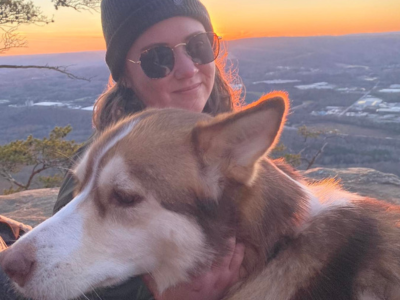School Counselors: The Missing Link in Summer Camp Mental Health
We all remember our high school guidance counselors. Their main job was to coordinate schedules, assist with scholarships, and start working on a post-graduation plan. To offer guidance to students. As mental health concerns have become more widespread, the role of school counselors is evolving. As mental health needs have become more prevalent, many states have begun to drift away from having strictly a “guidance” counselor in schools. Many colleges are offering school counseling programs that align with CACREP (Council for Accreditation of Counseling and Related Educational Programs) standards to better prepare professional school counselors for a career in modern day school counseling. The American School Counseling Association (ASCA) has mindsets and behavior standards for school counselors to follow that not only focus on career, but also self-management and social skills.
So, what does this have to do with **summer camp mental health**?
Through CACREP-accredited programs, universities are churning out professionals trained to understand kids and how to work effectively with them. Here are several things that make professional school counselors a great choice for camp.
Staff-to-Camper Ratio
The ASCA-recommended ratio for students to school counselors is 250:1. This is a caseload uniquely suited to the expertise of school counselors and a perfect fit for summer camps.
Parental Communication
Everyone’s favorite job, right? School counselors have experience communicating with caregivers for multitudes of reasons. The good, the bad, and the ugly. Part of a school counselor’s job title is to not only communicate with caregivers but also to work with and connect with them.
Child Advocacy
School counselors have one main mission: advocate for the child. Every child is different and needs different things. During the summers, during long hot days, staff members can often forget the kids are the main focus. School counselors are able to take a step back, remember their purpose from an outside perspective, and give a child (counselor? staff member??) what they need in that moment.
Staff Career Development
Although most camp staff are past high school, working at a summer camp is a stepping stone to professionalism. A school counselor can lead sessions on social and career skills, benefiting not just the camp but also the staff's professional growth.
Multiculturalism & Bias Training
CAPREP requires counselors to have a class on multiculturalism (along with crisis, group counseling, and SO much more). As a profession, the camping world is doing everything it can to break through issues of the past. Having a person on staff that is trained to work with people of every culture without bias can help impact the day-to-day and overall picture.
Summer Availability
Ever had a hard time finding someone able to work just summers? Not a problem for many school counselors. While a lot of school counselors work more days than a teacher, they still typically have summers off.
Classroom Management Meets Mental Health
Many states require individuals to teach for a few years before they become school counselors. It’s like a two for one deal! Combine classroom management skills with a degree in mental health counseling to get a huge helping of experience. People who have worked in schools often are great at many things, but one that sticks out to me in a camp setting is FLEXIBILITY. Every day is different at camp, every day is different at most schools.
Endless Possibilities
The possibilities are endless for how school counselors can contribute to mental health at summer camp. Just looking through the ASCA mindsets and behaviors gives me so many ideas. Check it out here and let me know what you think!
Looking for more ways to care for your campers or staff?
Check out our free camper care resources, and our free staff resources here.
 Tori East
Tori East
Leave a Comment